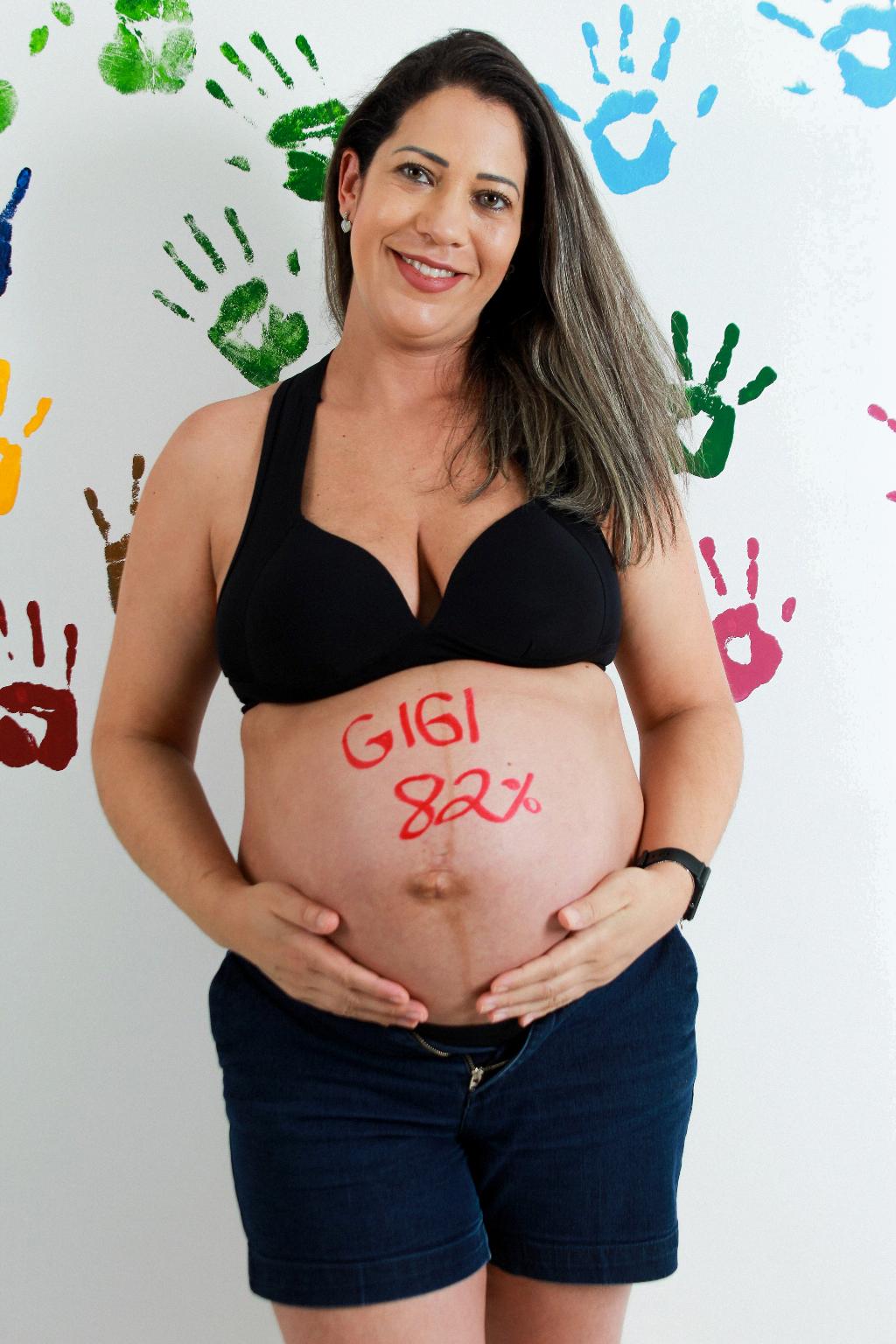When it comes to the question of how vaping affects a fetus, it’s crucial to delve into the potential consequences that exposure to e-cigarettes during pregnancy can pose. Research indicates that vaping during pregnancy can have detrimental effects on both the mother and the developing fetus.
Evidence of Harmful Effects
Studies have shown that exposure to e-cigarettes during pregnancy can lead to increased systemic inflammation, which can have serious implications for fetal development. This heightened inflammation has been linked to a range of adverse outcomes, highlighting the importance of understanding the risks associated with vaping while pregnant.
Low Birth Weight and Preterm Birth
One of the most concerning effects of vaping on a fetus is the potential for low birth weight and preterm birth. Research suggests that mothers who vape during pregnancy are at a higher risk of delivering infants with low birth weight, which can have long-term health implications for the child.
Small Size for Gestational Age
In addition to low birth weight, exposure to e-cigarettes during pregnancy has also been associated with small size for gestational age status. Babies born smaller than expected for their gestational age may face developmental challenges and health issues in the future, underscoring the importance of avoiding vaping while pregnant.
Developmental Risks
The impact of vaping on fetal development is a significant concern, as the chemicals present in e-cigarettes can potentially interfere with the delicate process of growth and maturation in the womb. Ensuring a healthy environment for fetal development is paramount, making it essential to avoid vaping during pregnancy.
Risks to Maternal Health
While the focus is often on the effects of vaping on the fetus, it’s important to recognize that maternal health can also be compromised by e-cigarette use during pregnancy. The risks extend beyond fetal development and can have implications for the well-being of the mother as well.
Secondhand Exposure
Not only does vaping pose risks to the pregnant individual and the fetus, but secondhand exposure to e-cigarette aerosols can also have negative consequences for those in the vicinity. Pregnant women should avoid environments where vaping is taking place to minimize potential harm to themselves and their developing babies.
Health Recommendations
Given the accumulating evidence of the harmful effects of vaping during pregnancy, health professionals advise against the use of e-cigarettes by pregnant individuals. Maintaining a smoke-free and vape-free environment is essential for promoting optimal maternal and fetal health.
Supportive Resources
Pregnant individuals who are struggling to quit vaping can seek support from healthcare providers, counselors, and smoking cessation programs. Having access to resources and guidance can facilitate the process of quitting e-cigarettes and promoting a healthy pregnancy.
Consulting Healthcare Providers
It’s crucial for pregnant individuals to consult with their healthcare providers regarding any concerns or questions related to vaping and pregnancy. Open communication with medical professionals can help ensure the well-being of both the mother and the developing fetus.
Conclusion
In conclusion, the impact of vaping on a fetus is a complex and concerning issue that warrants attention and awareness. By understanding the potential risks associated with e-cigarette use during pregnancy and taking steps to avoid exposure, individuals can prioritize the health and safety of both themselves and their unborn children.

